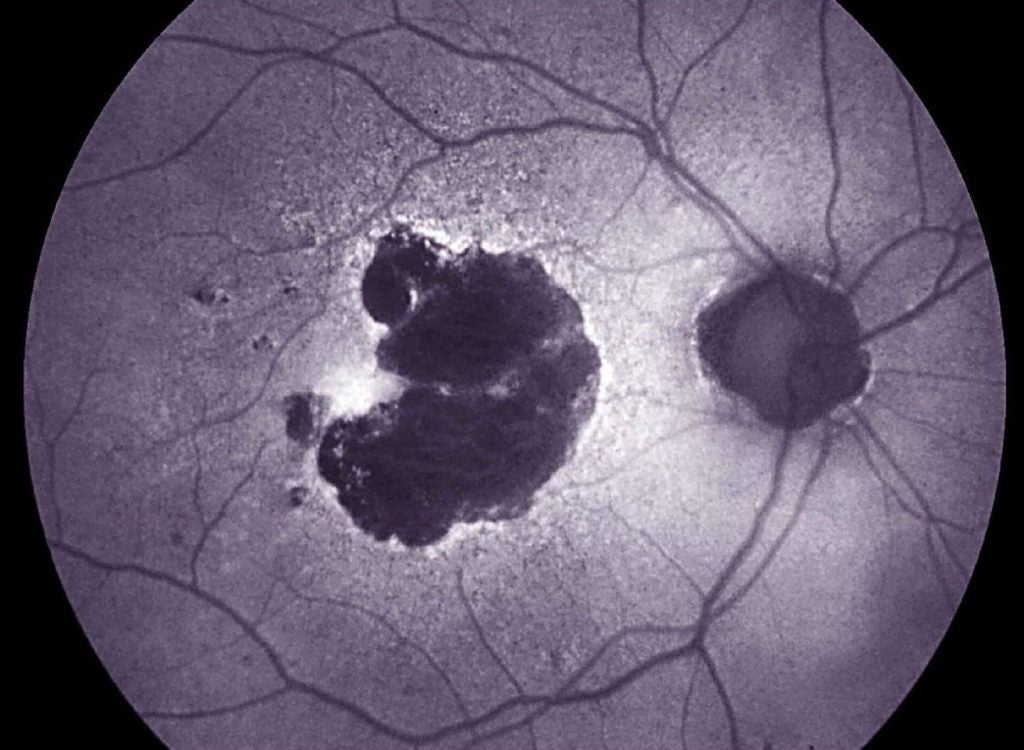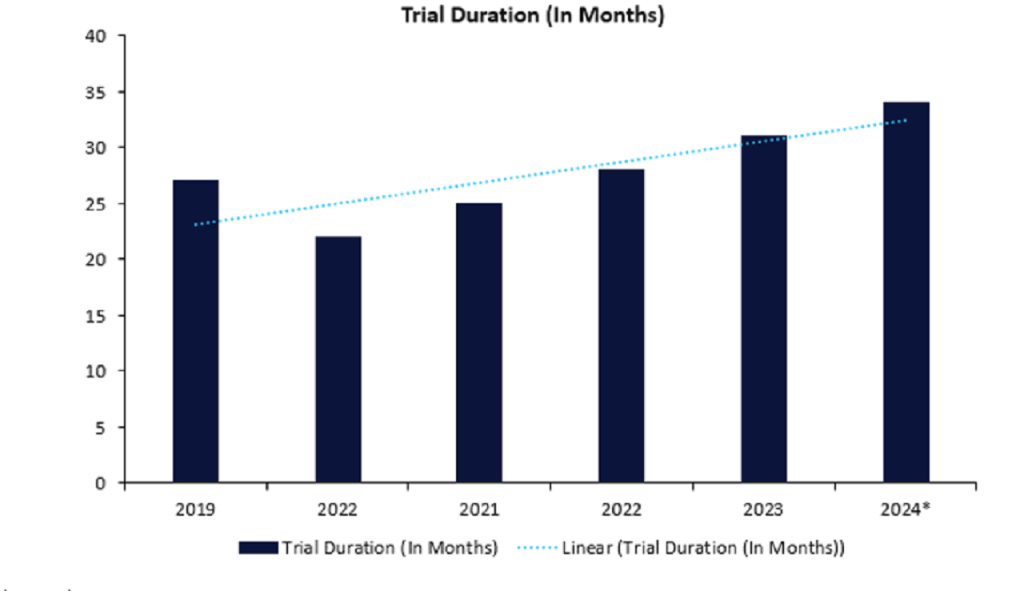Norway-based biopharmaceutical company BerGenBio has announced the commencement of the Phase IIa segment of the BGBC016 clinical trial, evaluating bemcentinib in non-small cell lung cancer (NSCLC) patients with an STK11 mutation (STK11m).
The study is designed to explore the use of the selective AXL inhibitor, bemcentinib, in conjunction with standard-of-care therapy as a first-line treatment option.
This development comes after a positive recommendation from the trial’s independent drug safety monitoring board (DSMB) to progress the study without any changes.
Prior to this, the DSMB reviewed the safety profile of the combination of bemcentinib along with pembrolizumab (Keytruda) and doublet chemotherapy in first-line NSCLC patients during the Phase Ib portion of the study.
NSCLC patients with STK11m typically exhibit a poorer response to existing therapies, including immune checkpoint inhibitors, versus those with the non-mutated form of STK11.
The selective inhibition of AXL by bemcentinib is said to have the potential in enhancing the effectiveness of immune checkpoint inhibitors in preclinical models derived from STK11 mutated patients and in preliminary clinical trials.
BerGenBio chief medical officer Cristina Oliva said: “We are very pleased that no new safety signals have been identified and are encouraged by the recommendation of the DSMB to continue the study as planned.
“We have, therefore, opened the Ph2a portion of the study with the goal of reporting initial efficacy data as the next step in validating the benefit of bemcentinib in combination with standard therapies in 1L NSCLC.”
Last November, BerGenBio revealed its strategy to incorporate a synthetic control arm into the ongoing Phase Ib/IIa trial of bemcentinib for NSCLC.
This innovative approach involved the creation of a digital twin to assess real-world data, allowing for the comparison of Phase IIa trial subjects with a synthetic control group.














